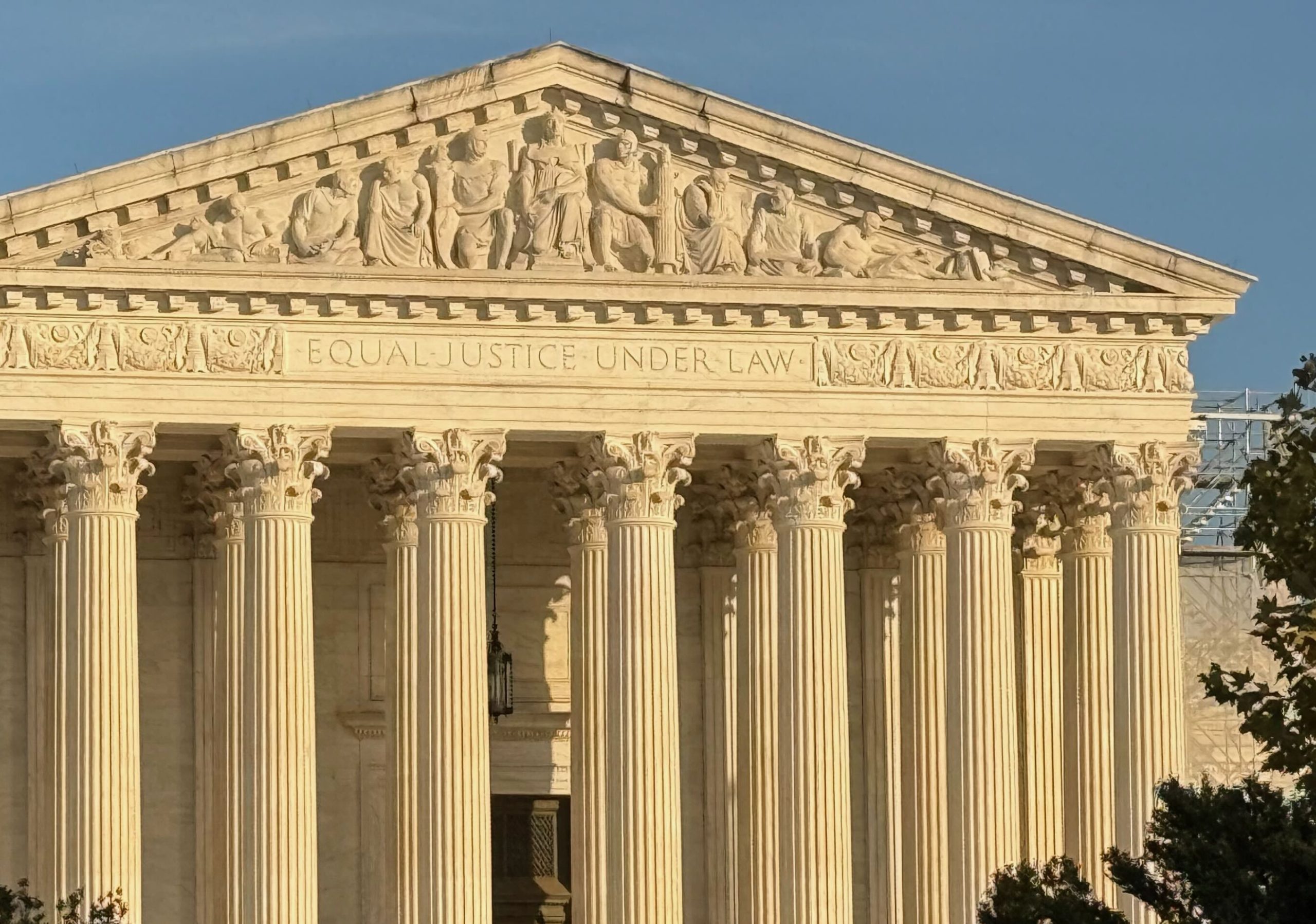Supreme Court declines to step into Maryland gun licensing and Hawaii climate change suits


The Supreme Court on Monday declined to hear a challenge to Maryland’s handgun licensing regime, as well as a pair of cases seeking to hold oil and gas companies responsible for damage caused by climate change. The announcement came as part of a list of orders released from the justices’ private conference on Friday. The justices granted three cases from that conference on Friday afternoon, and they did not add any additional cases to their docket for the 2024-25 term on Monday.
The justices denied review in Maryland Shall Issue v. Moore, in which gun-rights groups and gun owners challenged Maryland’s requirement that most residents obtain a license before buying a gun. They argued that because state law already requires them to undergo a background check to buy a gun, the license requirement (which includes another background check and a gun-safety course) imposes too heavy a burden on their right to bear arms.
The U.S. Court of Appeals for the 4th Circuit upheld the law last year. It pointed to Justice Clarence Thomas’s opinion for the court in New York State Rifle & Pistol Association v. Bruen, in which he indicated that laws requiring gun owners to undergo background checks or complete gun-safety courses will generally be constitutional under that decision’s new Second Amendment test.
The justices did not act on a petition seeking review of a ruling by the same appeals court upholding Maryland’s ban on assault rifles. The court will consider the petition in Snope v. Brown again on Friday, Jan. 17.
The justices also denied review in Sunoco v. Honolulu and Shell v. Honolulu, a pair of cases seeking to hold oil and gas companies responsible for their role in increased fossil fuel consumption and greenhouse gas emissions, which led to climate change-related property damage in Honolulu.
In June, the justices asked the Biden administration to weigh in on whether federal law bars the oil and gas companies’ state-law claims; in a brief filed in December, U.S. Solicitor General Elizabeth Prelogar urged the justices to deny review. Prelogar told the justices that (among other things) at this time the Supreme Court lacks the power to review the Hawaii Supreme Court’s decision allowing the lawsuit to go forward.
Justice Samuel Alito did not participate in the Honolulu cases. Although he did not explain the reason for his recusal, the financial disclosure forms that Alito filed in 2023 indicated that at that time Alito owned shares in three of the energy companies involved in the cases.
The court asked the federal government for its views in four new cases:
- Fiehler v. Mecklenburg, a dispute over land ownership in Alaska that hinges on whether a state court has the power to correct a federal surveyor’s location of a water boundary.
- Borochov v. Iran, in which the justices have been asked to decide whether the Foreign Sovereign Immunities Act’s “terrorism exception” to the general rule of immunity for foreign governments in U.S. courts gives U.S. courts the power to hear claims that arise from a foreign state’s material support for a terrorist attack that injures or disables, but does not kill, its victims.
- FS Credit Corp. v. Saba Capital Master Fund, involving whether Section 47(b) of the Investment Company Act, which regulates investment companies like mutual funds and exchange-traded funds, creates a private right of action.
- Port of Tacoma v. Puget Soundkeeper Alliance, in which the justices have been asked to decide whether a provision of the Clean Water Act allows private citizens to go to federal court to enforce state-issued pollutant-discharge permits that impose more stringent standards than the act requires.
This article was originally published at Howe on the Court.
Posted in Relist Watch
Cases: Fiehler v. Mecklenburg, Sunoco LP v. City and County of Honolulu, Hawaii, Shell PLC v. City and County of Honolulu, Hawaii, Borochov v. Islamic Republic of Iran, FS Credit Opportunities Corp. v. Saba Capital Master Fund, Ltd., Port of Tacoma v. Puget Soundkeeper Alliance, Maryland Shall Issue, Inc. v. Moore